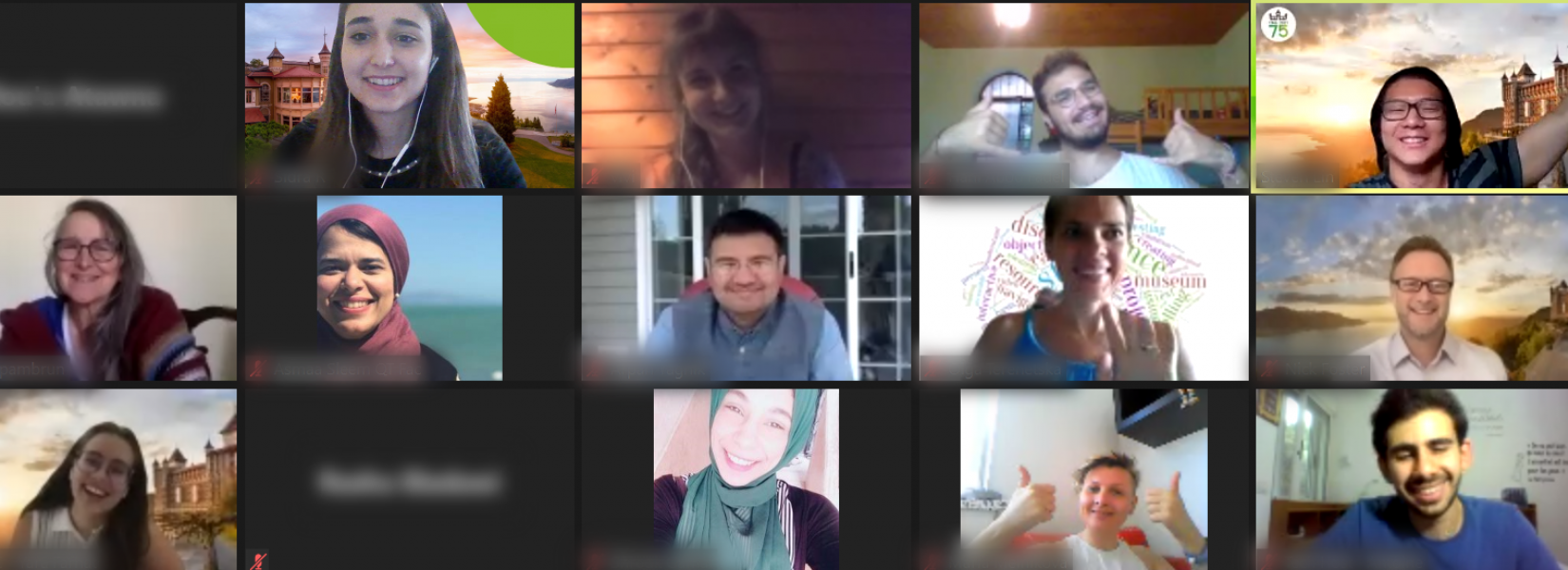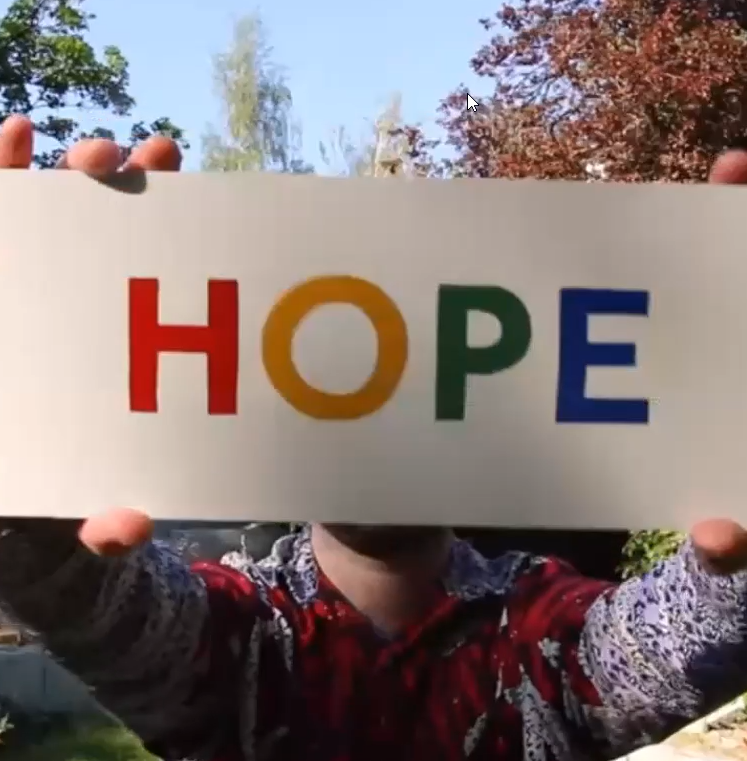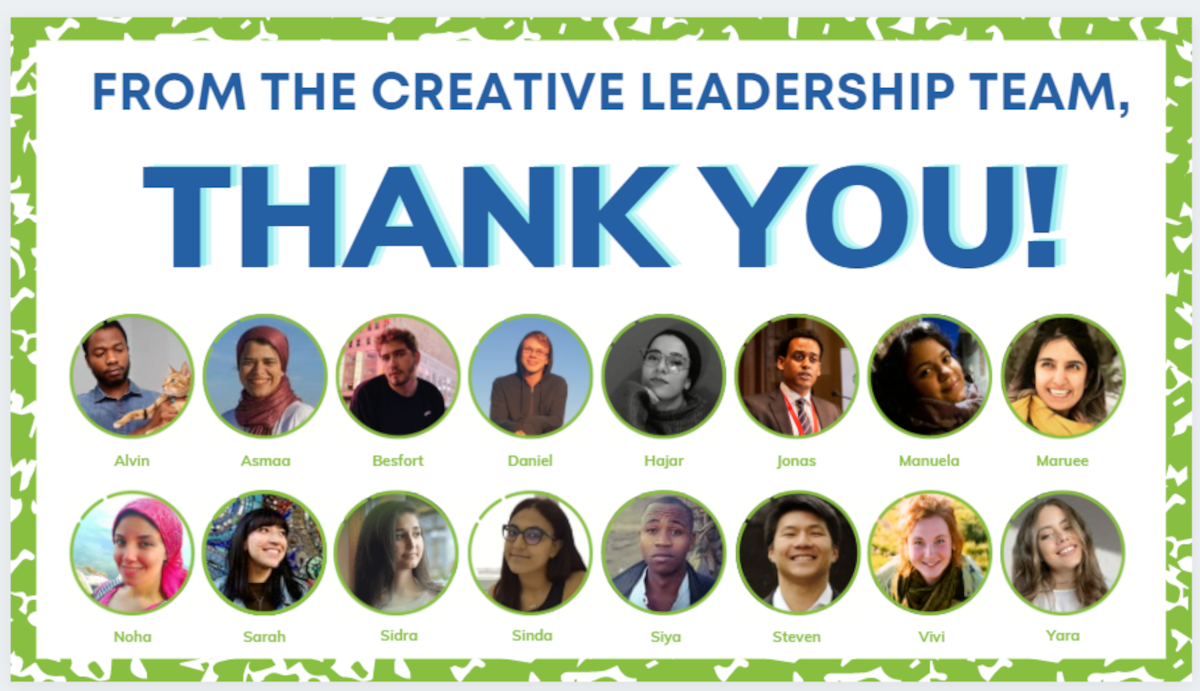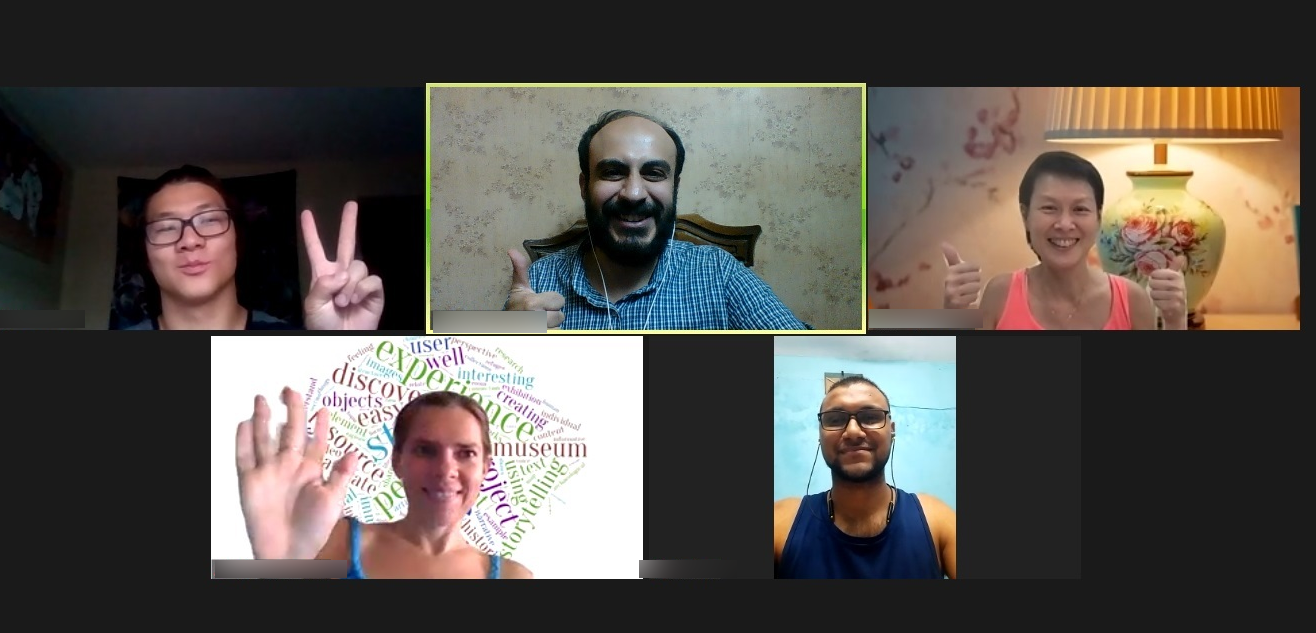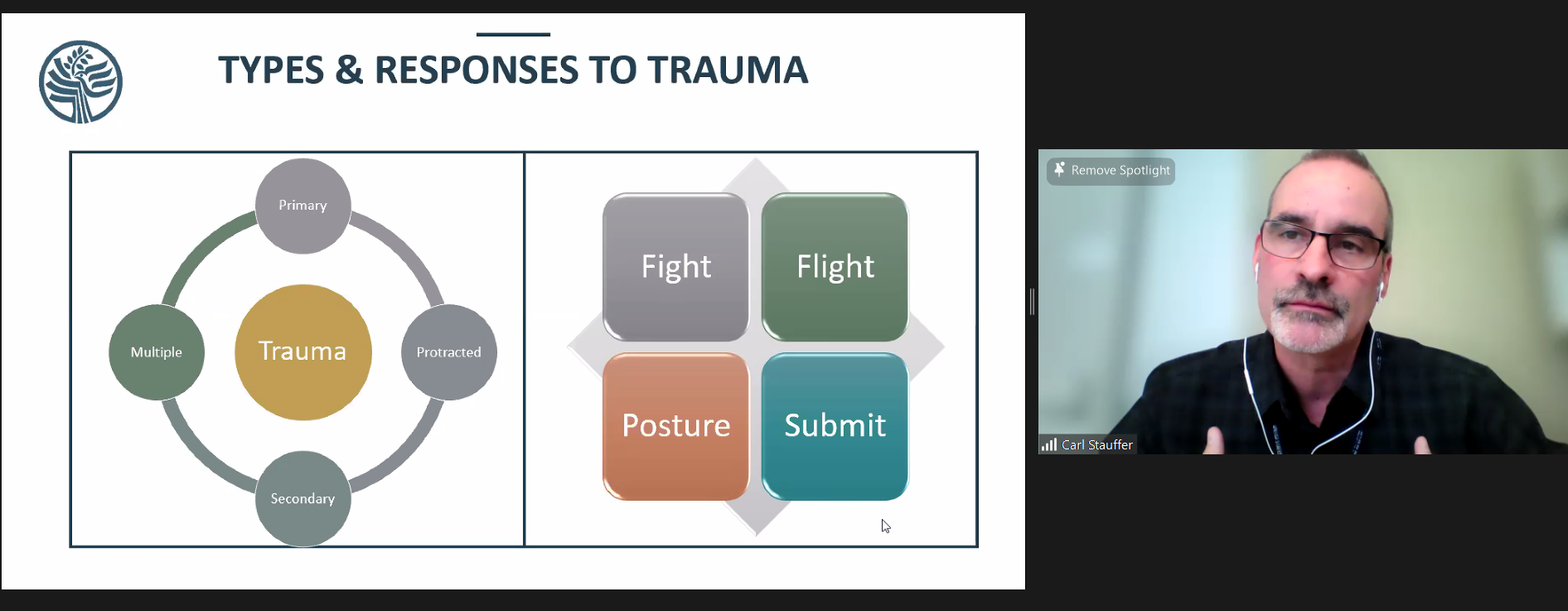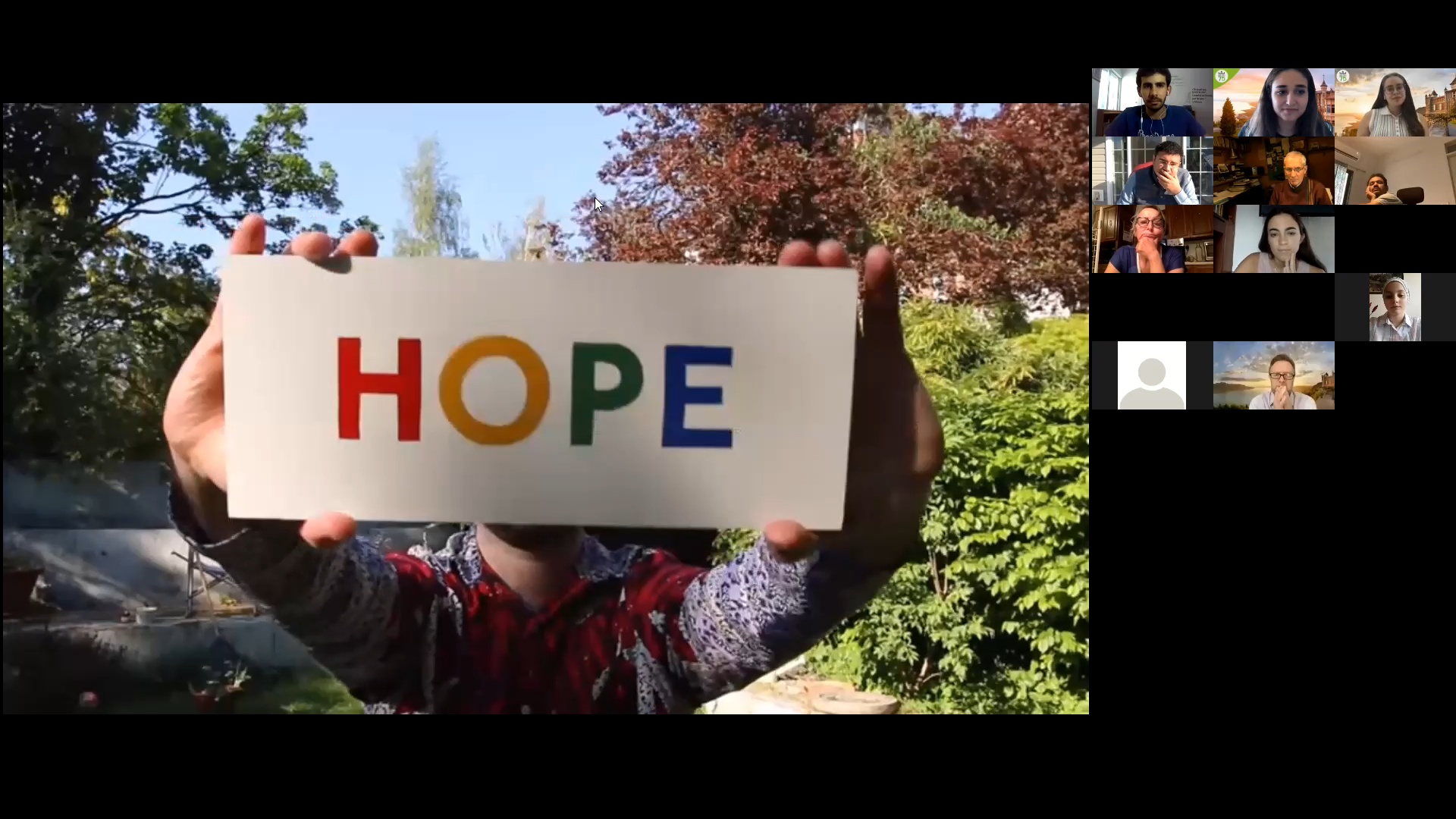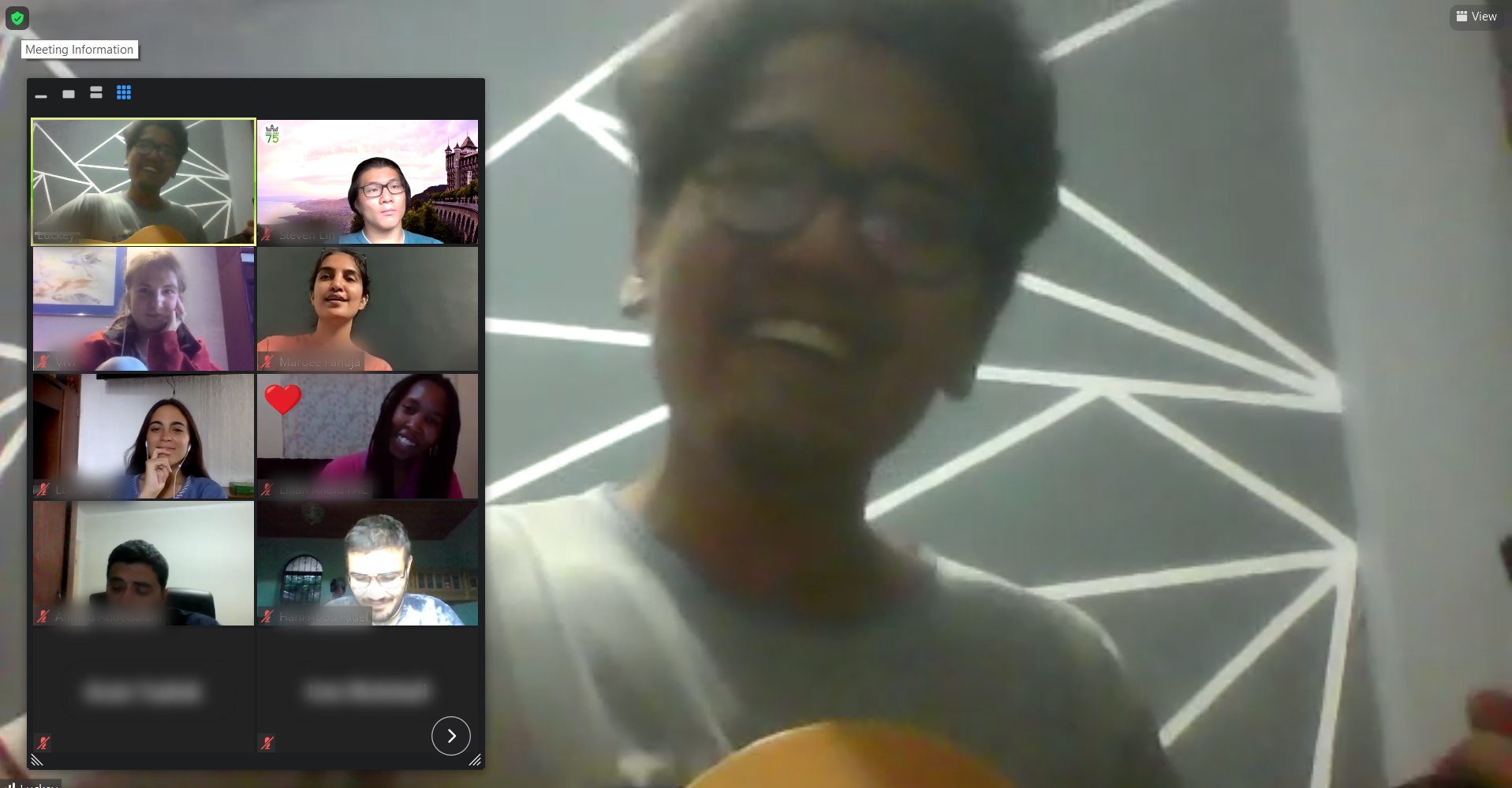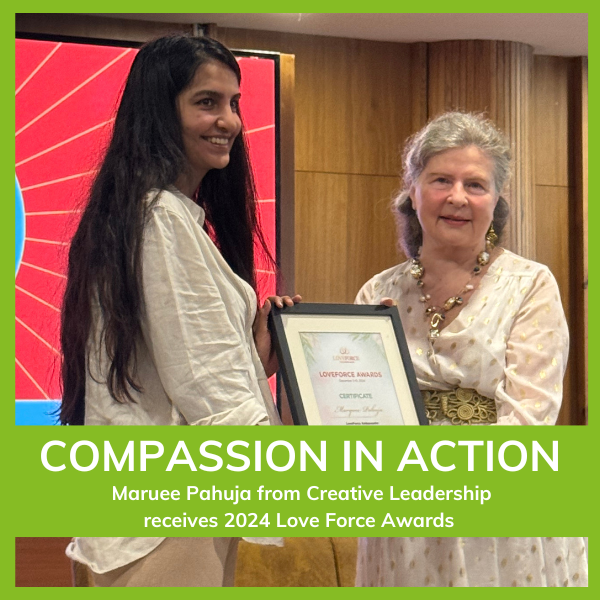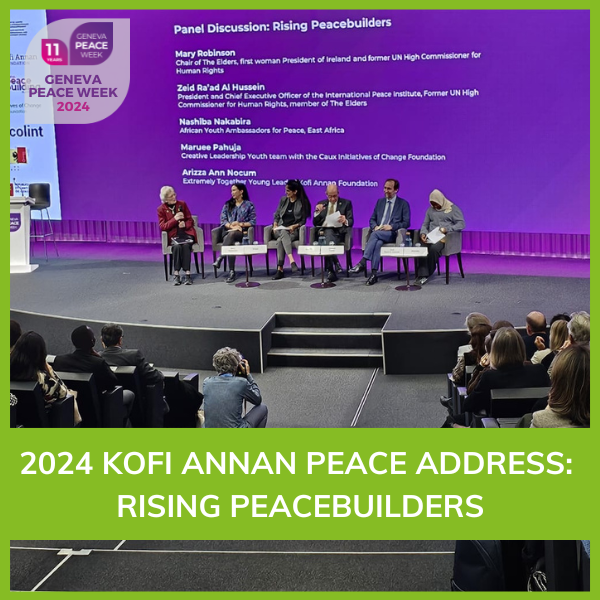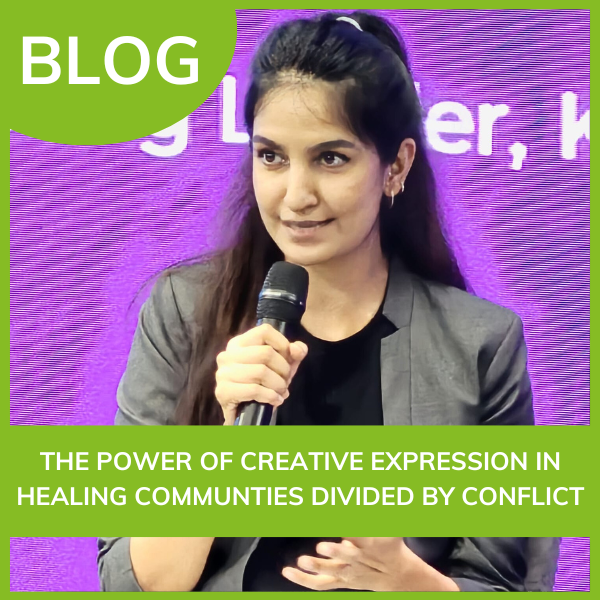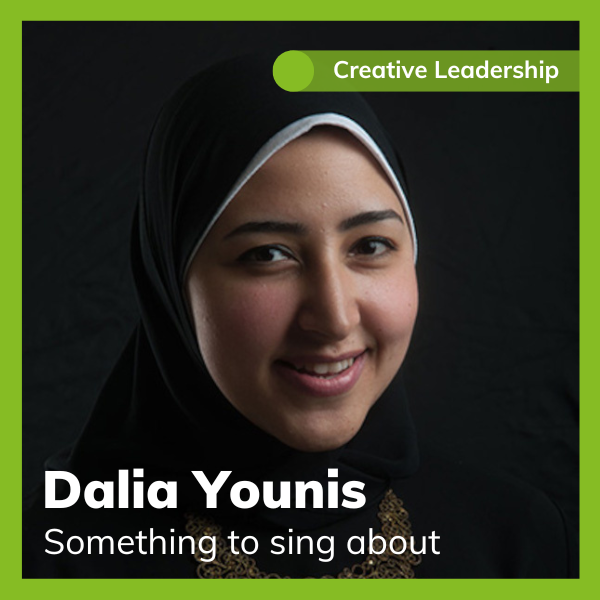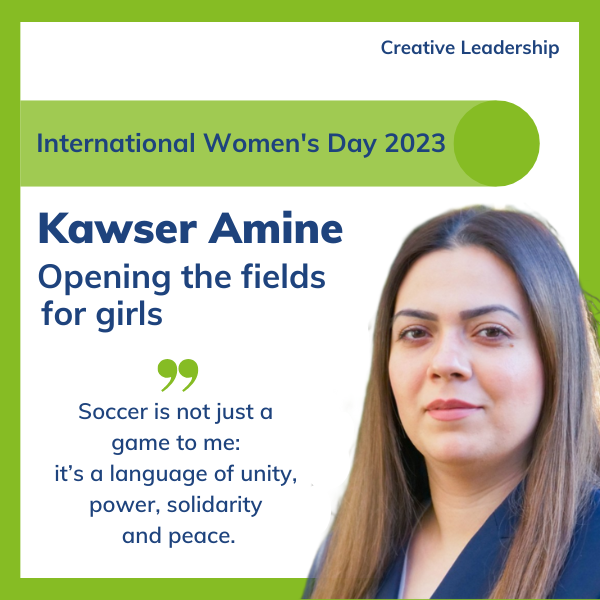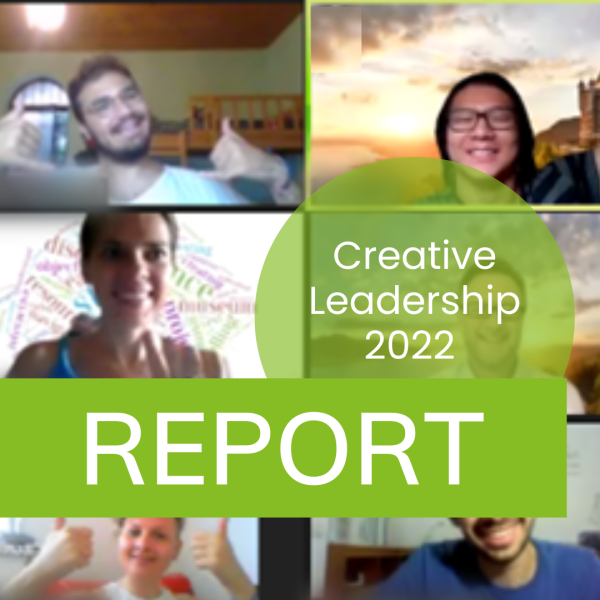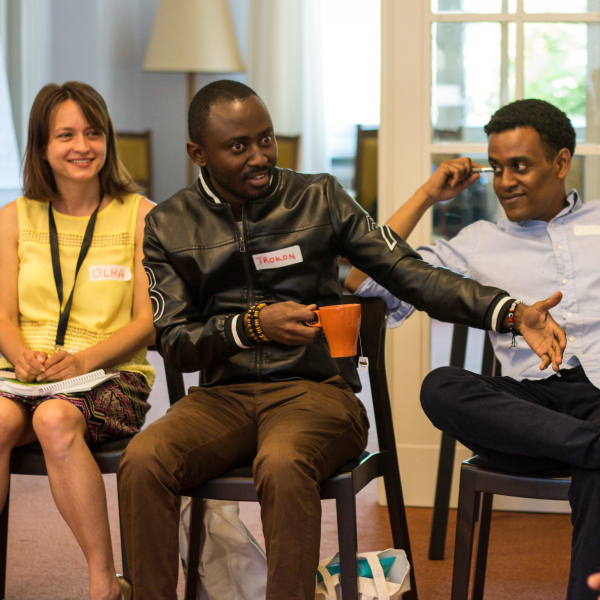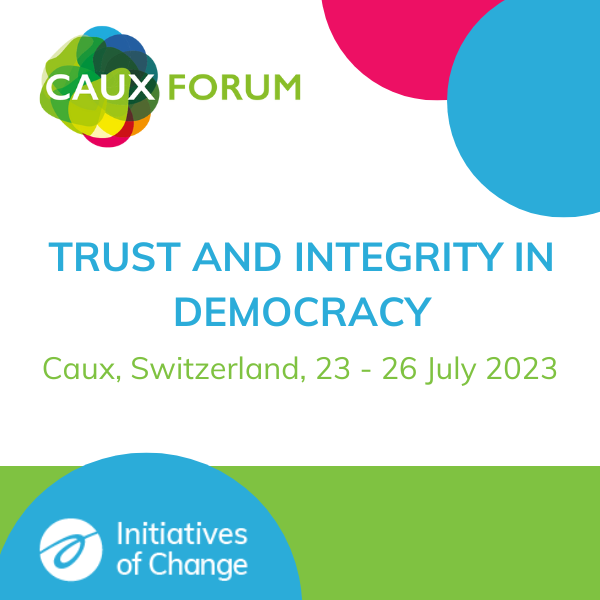A Journey from Uncertainty to Possibility
Creative Leadership 2021
14/08/2021
2021’s Creative Leadership conference took participants on a six-day journey ‘From Uncertainty to Possibility’. Between 25 to 31 July around 150 online participants living in over 50 countries engaged in meaningful dialogue, listened to inspirational stories and gained tools from experienced speakers. At the heart of it all, the Creative Leadership conference offered space for inner reflection and network building.
The conference was a response to the worldwide sense of unrest and change after the events of 2020. The Creative Leadership team were certain that NOW was the time for rising generations to step forward with confidence, learn how to deal with their troubles, and take part in the critical choices that will shape their future.
The Team
The inspiration for the Creative Leadership conference came from more than 250 young changemakers of 98 nationalities, who have taken part in the Caux Peace and Leadership Programme (CPLP) in recent years.
This year’s conference was developed by an international group of ten passionate changemakers who follow the values of Initiatives of Change, with the support of 16 facilitators. Six other team members offered assistance, as did the Caux Peace and Leadership Programme team, the Caux Forum and the team of IofC Switzerland.
The Journey
The Creative Leadership conference enlisted eight human library speakers, 11 webinar speakers, three workshop hosts, four quiet time space holders, and three musicians, who all hosted remarkable sessions. Below is a glimpse of what took place.
Watch the replay of the Opening Session (25 July 2021)
Dialogue Groups
This year, the Dialogue Groups embarked on a four-step journey. First, participants explored the sources of their uncertainties through guided meditations and reflections. They then moved on to choosing which of their uncertainties to explore throughout the conference and sat with them, observing how this felt, without instantly reaching outwards. In the third session, participants started to explore ways of transcending these troubles and moving forward into hope through sharing their stories. On the last day, they wrapped up the week’s journey and focused on unearthing their courage and hope.
Each set of facilitators had the freedom to shape their Dialogue Group according to their own facilitation style. This mean that every group tailored its own unique space and built its own special connection of trust. Some of the reactions shared on the last day were:
‘Throughout the journey, we focused on being more positive, action-focused. As we pictured moving forward, we focused on those things that help ground us and help us find purpose. As we find perspective and shift our attitude, we can think about how we can actively take control of our lives and stimulate progress. I've walked away feeling inspired and with a vast global community who relate to me and I relate to.’
‘We learnt that coming out of the troubles during our journey we have to have courage and empathy to go to our destiny, and to empower others.’
- Participant
‘I felt like I was a little rock that was close to the bank of a flowing river. There was some sort of divine intervention, some force that picked up that rock and threw it closer to the flowing water. The flowing water is the Creative Leadership experience, which is filled with so many good things, and now I am being constantly washed and purified. Re-learning and unlearning. That is how I would summarize my experience.’ - Participant
Human Libraries
In the two Human Libraries events, changemakers from eight countries shared their stories, in the context of personal, societal, national or international challenges.
Under the theme of Holding the Troubles, four human books shared stories about the challenges they faced growing up, due to cultural or community traditions, personal difficulties and restrictions. Ehab Badawi (Syria), Merna Mustafa (Egypt), Rajendra Senchurey (Nepal) and Rathung Ngullie (India) each shared in around 10 minutes how they had stepped out of their troubles and found hope, starting from acceptance and forgiveness. They described how they had explored the path of possibilities that led to action and to change in themselves and the community around them.
The second human library, on the fourth day, took the theme of Transforming Fear and Uncertainty into Hope. Batol Gholami (Afghanistan), Marienne Makoudem Tene (Cameroon), Nader Akoum (Lebanon) and Trokon Mcgee (Liberia) shared their experiences in breakout rooms.
Discover the Human Library session with Nader Akoum from Lebanon
Trokon Mcgee, who is an alumnus of the Caux Scholars Programme, offered some tips that had helped him move from uncertainty to possibility. He encouraged participants to be confident in their skills, to keep trying to find means to overcome challenges and never to forget to extend a helping hand. He described how his mission to support his family and help educate his siblings motivated him to rise above his challenges.
Marienne Makoudem Tene spoke about her life in Cameroon and her journey to becoming a changemaker and helping other people to become creators of peace. ‘The best weapon I have been using to overcome fear and uncertainty is service to others, ‘ she said. ‘Serving others is useful from two perspectives. First, when you serve others, you discover yourself. Second, they have the opportunity to discover you.’ She also shared a statement from the UNESCO constitution: ‘Since war begins in the minds of men, it is in the minds of men that the defences of peace must be constructed.’ This had helped her understand what she can and cannot do, and had helped to answer her feeling of being powerless.
The webinars offered participants the chance to listen to experienced changemakers from around the world.
Webinar 1: Facing Uncertainty
The first webinar, Facing Uncertainty, featured representatives from Y-Peer, who engage with local communities to empower women and girls, advocating for gender equality, sexual and reproductive health and rights, meaningful youth engagement and broader democratic participation. The four speakers – Anuki Mosiashvili (Georgia), Anas Badawi (Syria), Ghaith Sandouk (Syria), and Guncha Annageldieva (Turkmenistan) – shared their uncertainties as individuals and as an organization. They asserted that, to overcome challenges, it was important to understand who we are. Confronting our mental barriers enables us to make the decisions which lie at the core of uncertainty.
Webinar 2: Holding the Troubles
The second webinar, on Holding the Troubles, was hosted by the Academic Director of the Caux Scholars Program, Dr Carl Stauffer, who has practised trauma healing, nonviolence, restorative justice and reconciliation for three decades in 37 countries.
He emphasized the importance of taking care of oneself so as to be able to help others, and stressed the need to understand oneself and to come to terms with the past, by recognizing the pain, hurt and hate that exists within. He also used personal stories to illustrate the fact that trauma doesn’t only affect those directly involved in violence or disasters, but also people who have been exposed to those situations second hand.
Webinar 3: Transforming Fear and Uncertainty into Possibility
The final webinar brought back Rodrigo Martínez Romero (Mexico), who had taken part in last year’s conference, and his team from Spiritual Politics: Angelika Kobl (Germany), Lázaro Valiente (Mexico), Paola Schietekat (Mexico), Pepe García (Mexico), and Sujith Ravindran (India). They shared with vulnerabilty from their experiences of Transforming Fear and Uncertainty into Possibility. They took participants on the journey of personal and societal healing, highlighting the importance of love and empathy in politics, and of listening to the voice within us.
Workshops
This year’s conference included two workshops, which provided an interactive safe space, where participants were offered knowledge, tools and new concepts. The aim was to spur participants to further investigation and to support them on their leadership journey.
Workshop 1: Holding the Troubles
The first workshop, with the theme of Holding the Troubles, focused on deep listening and staying present in times of trouble and uncertainty. The workshop was designed and facilitated by Agnes Otzelberger and Neil Oliver from the Tools for Changemakers team. They posed two questions: ‘What does it mean to listen deeply and be present to ourselves and the world? How does this keep us connected with inspiration, direction, our values and each other?’ Participants reflected on these questions in small groups, learning from each other’s experiences. The workshop encouraged participants to involve their whole self – body, heart and mind – in understanding their responses to stressful situations and offered them techniques for remaining present, resilient and connected at such times.
Workshop 2: Transforming Fear and Uncertainty into Hope
The second workshop, with the theme of Transforming Fear and Uncertainty into Hope, was designed and facilitated by Maruee Pahuja, an Expressive Arts facilitator who is studying for a Masters in Expressive Arts Therapy at the European Graduate School. She used music, creative writing, drawing and body movement to help participants find creative ways of dealing with fear and uncertainty.
Quiet Time
Taking time in moments of quiet reflection is a core practice of Initiatives of Change, and one of the best ways to introspect, connect with one’s inner self and others. Creative Leadership 2021 began each day with a collective quiet time.
In these 30-minute sessions, participants had the chance to explore several approaches to stillness, ranging from reflections based on songs or texts to guided questions related to each day’s theme and with room for general sharing. Each Quiet Time facilitator brought their own definition, experience and practice. This allowed participants to explore different ways of practicing inner reflection. They were encouraged to take what worked for them into their day- to-day lives.
Tea Time
At the end of each day, an optional informal space, the so-called Tea Time, was offered, where participants could engage in conversations with webinar and human library speakers in breakout rooms. They could also join unguided breakout rooms, for culture sharing, international music jam sessions and art sessions.
These tea times were ranked second to dialogue groups as the most successful sessions of the conference.
Moving Forward
The Creative Leadership conference offered a total of 24 hours programming over seven days.
After the conference, 11 participants expressed interest in helping develop next year's conference, and many participants wanted to continue conversations that had started during the conference.
To keep the conversatin going, Rodrigo and the team of Spiritual Politics will connect with some of Creative Leadership participants on Saturday, 28 August from 14.00 to 15.30 CEST to continue to explore how to support changemakers in heart-driven changes in their communities.
The Creative Leadership team will also continue to offer Quiet Times on Whatsapp.
Other opportunities for connection include a reunion in six months’ time, events related to inner development and leadership, and sessions during the Geneva Peace Week in November.
Stay in touch
You can connect with the Creative Leadership team on
- Email: creativeleadership@cauxforum.org
- Facebook: https://www.facebook.com/CreativeLeadershipConference
- Instagram: @creative_leadership1
_______________________________________________________________________________________
Find out more about Creative Leadership 2021
Discover all Caux Forum Online 2021 events
Learn more about the Caux Peace and Leadership Programme (CPLP)
